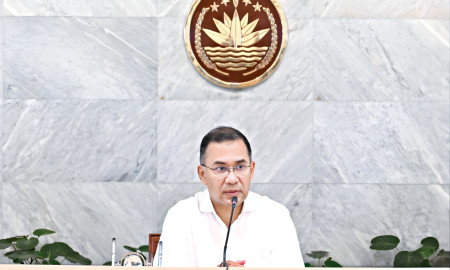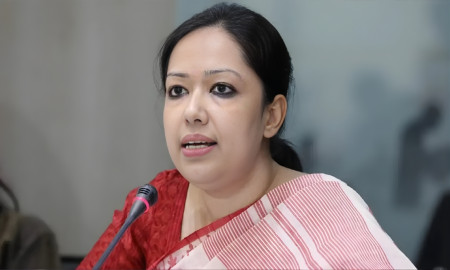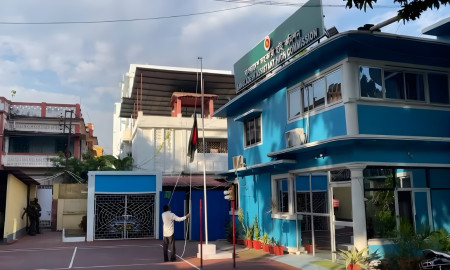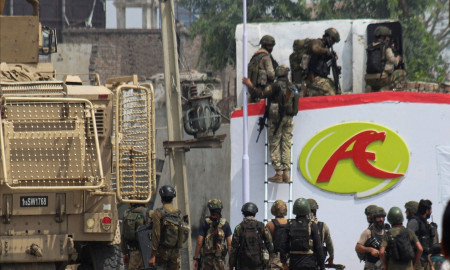Rubio Warns Syria Weeks from Collapse Amid Sectarian Violence and Sanctions Shift
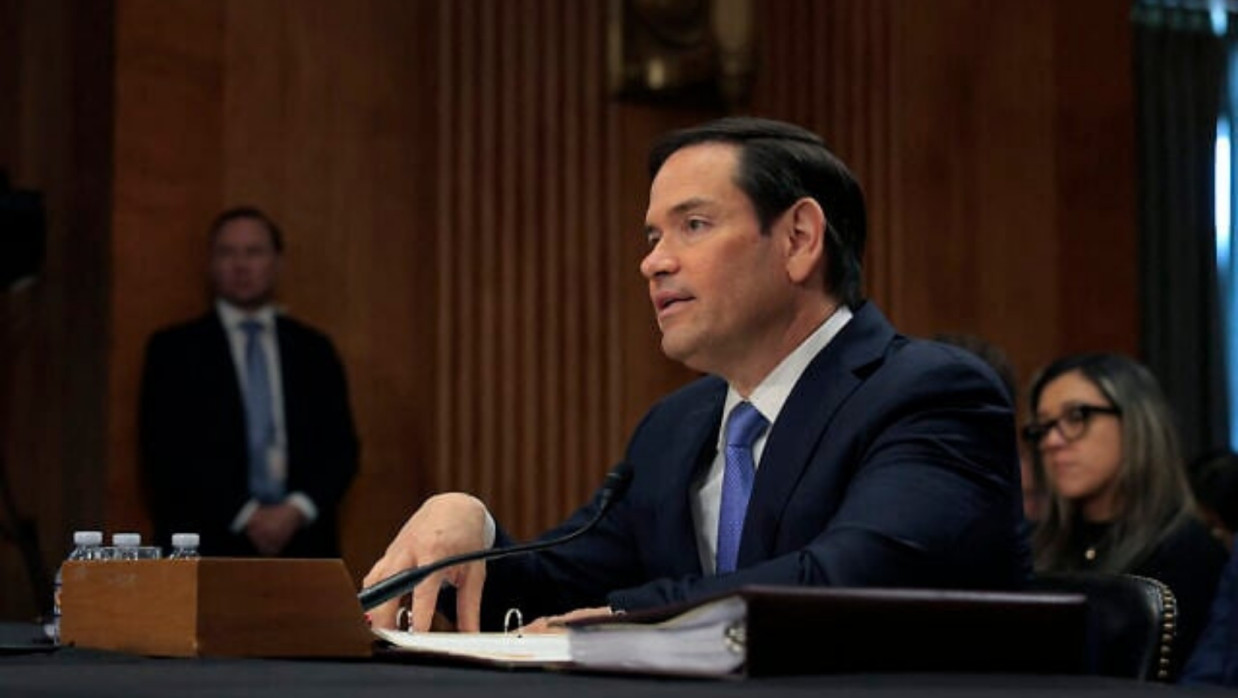
U.S. Secretary of State Marco Rubio has warned that Syria could be just weeks away from “potential collapse and a full-scale civil war of epic proportions,” urging international support for the country's fragile transitional authorities.
Speaking before the Senate Foreign Relations Committee on Tuesday, Rubio defended President Donald Trump’s controversial decision to lift long-standing U.S. sanctions on Syria. The move came ahead of Trump’s meeting with Syria’s new President, Ahmed al-Sharaa — a former al-Qaeda commander and leader of Hayat Tahrir al-Sham (HTS), the Islamist rebel group that overthrew Bashar al-Assad last December.
Rubio explained that the sanctions were hindering foreign aid to Syria, as nations feared violating U.S. laws. “Nations in the region want to get aid in, want to start helping them. And they can't because they are afraid of our sanctions,” he said.
The decision marks a significant shift in U.S. foreign policy. The sanctions were originally imposed in response to mass atrocities committed by Assad’s regime over a 13-year civil war that killed over 600,000 people and displaced 12 million.
Sharaa, despite being designated by the U.S. as a “specially designated global terrorist,” received an audience with Trump during a recent Gulf summit in Saudi Arabia. The president described the new Syrian leader as a “young, attractive guy… Tough guy. Strong past. Very strong past. Fighter,” adding that “he’s got a real shot at pulling it [Syria] together.”
Sharaa hailed the lifting of sanctions as a “historic and courageous decision” that would help alleviate civilian suffering and lay the groundwork for national stability.
However, Syria remains deeply unstable. Sectarian violence has surged in recent months. In March, nearly 900 civilians, mostly from Assad’s Alawite sect, were killed by pro-government forces during fighting with former regime loyalists in the western coastal region. The loyalists also killed 170 security personnel.
More than 100 people died in early May in clashes involving Druze minorities, HTS-aligned Sunni Islamist fighters, and newly formed security forces near Damascus and in the southern province of Suweida.
These developments have stoked widespread fear among Syria’s religious and ethnic minorities, many of whom are deeply skeptical of HTS and its influence over the transitional government. The group, though rebranded, is still listed as a terrorist organisation by the U.S., EU, UN, and UK.
Rubio acknowledged the concerns: “The bad news is that the transitional authority figures… didn’t pass their background check with the FBI. But if we engage them, it may work out, it may not. If we did not engage them, it was guaranteed not to work out.”
He stressed that Assad had deliberately sown division among Syria’s communities, and that minorities now faced “deep internal distrust.”
In a parallel move, European Union foreign ministers announced they would also lift economic sanctions on Syria. EU foreign policy chief Kaja Kallas said the bloc aimed to help Syrians “rebuild a new, inclusive and peaceful Syria.”
The Syrian foreign ministry welcomed the EU's decision, calling it “the beginning of a new chapter in Syrian-European relations built on shared prosperity and mutual respect.”
As pressure mounts, the world is watching closely to see whether the risky international bet on Syria’s new leadership will pay off — or push the war-torn country back into devastating conflict.
Source: BBC





